Request for Callback
Fill out this form to download.
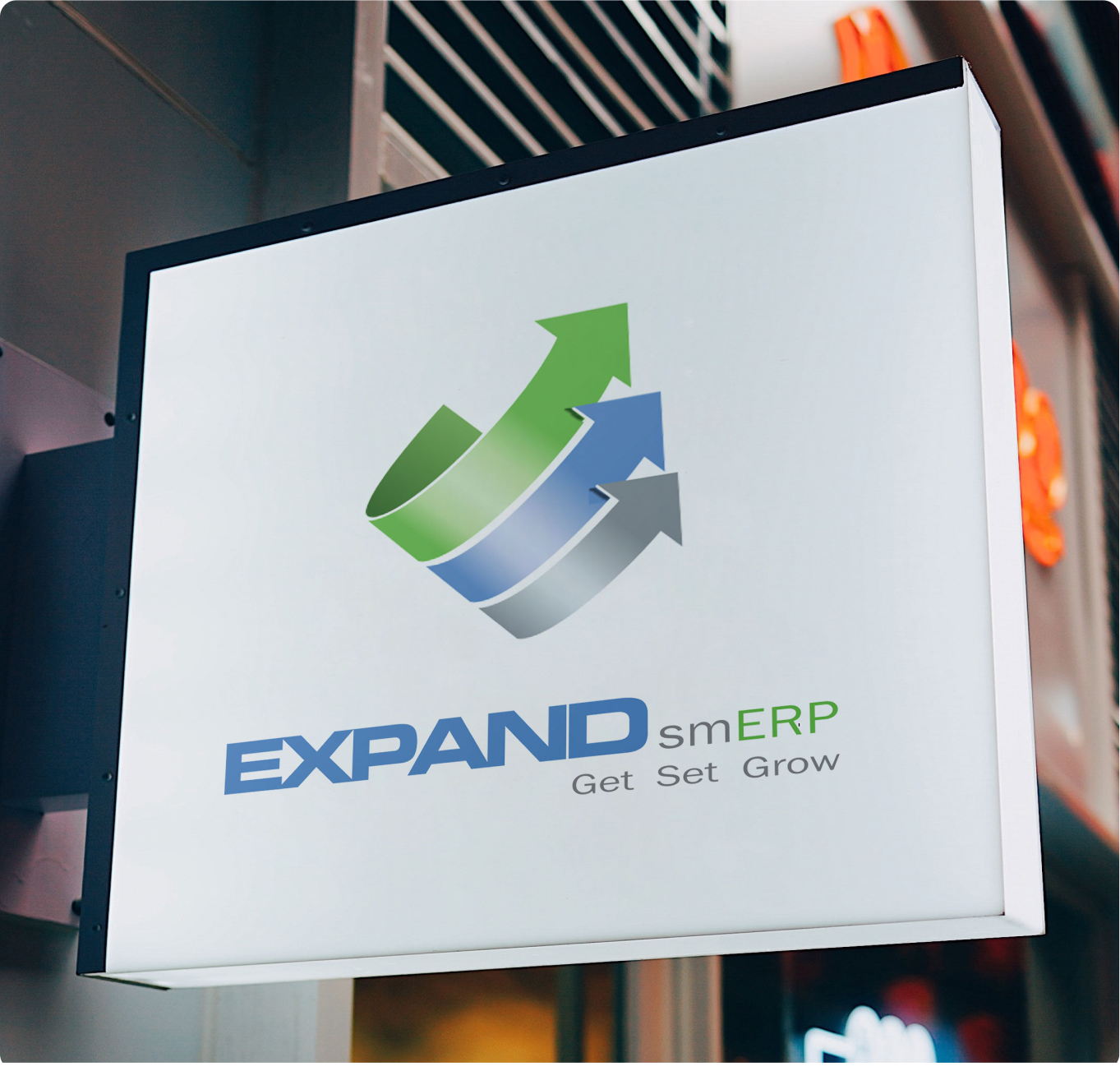
Fill out this form to download.
Thank You!
Your request for a callback has been successfully submitted. Our team will get in touch with you shortly. We appreciate your patience and look forward to speaking with you soon.
If you have any urgent concerns, please feel free to contact us directly at
+91 9007026542 or email us at [email protected]
Thank You for Your Interest!
Your request to unlock the free demo has been successfully submitted. Please check your email for further instructions and a link to access the demo. We hope you enjoy exploring the features and capabilities of our product.
If you have any questions or need further assistance, please feel free to contact us directly at
+91 9007026542 or email us at [email protected]
The brochure has been sent to your email. Kindly check your inbox, and if it’s not there, please check your spam or junk folder.
We've send a verification code to your phone
Just fill-in the details below and we will get in touch with you within 48hrs, maybe sooner.If it is important feel free to call Ritisha on +91 9007026542.
Thank you for your interest in Expand smERP. A product expert will call you within 48 hours, maybe sooner. If it is important please feel free to call Ritisha on +91 9007026542.
Thank you for your interest in expandsmERP. The login credentials have been sent to your email. Kindly note that these credentials are valid for 3 days.
Thanks for sharing your information For any queries, feel free to contact us at 9007026542.
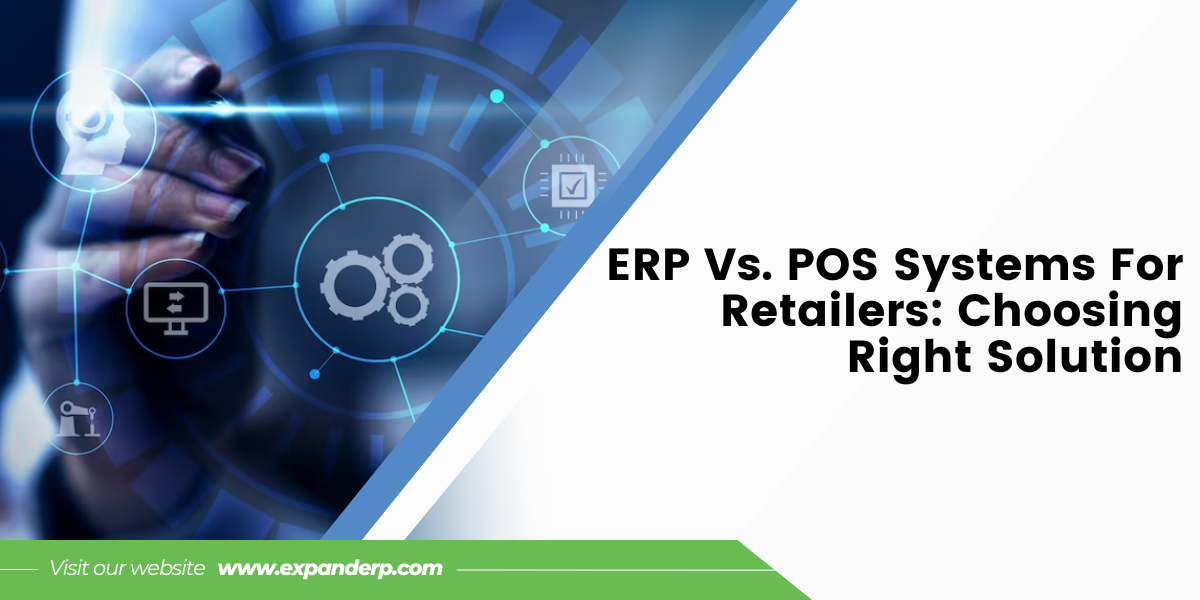
Are you confused between ERP and POS systems? Unsure which software is essential for retail success? This guide explains their features and discusses which one is necessary for smooth business operations.
As a retailer, you face the difficult task of managing complicated operations, simplifying processes, and offering great customer service. With the rapid growth of technology, two key solutions have emerged as necessary tools: Enterprise Resource Planning (ERP) and Point of Sale (POS) systems.
ERP software for retail are complete software solutions that combine and manage a variety of corporate functions, such as inventory management, supply chain operations, financial reporting, and customer relationship management.
POS systems, on the other hand, are specialized software applications designed to make sales transactions easier, track inventory levels, and improve customer interactions at the point of purchase.
This article will help you decide which system is appropriate for your store and how they can make an informed choice that leads your retail business towards success. Read more to know the difference between ERP Vs POS Systems For Retailers.
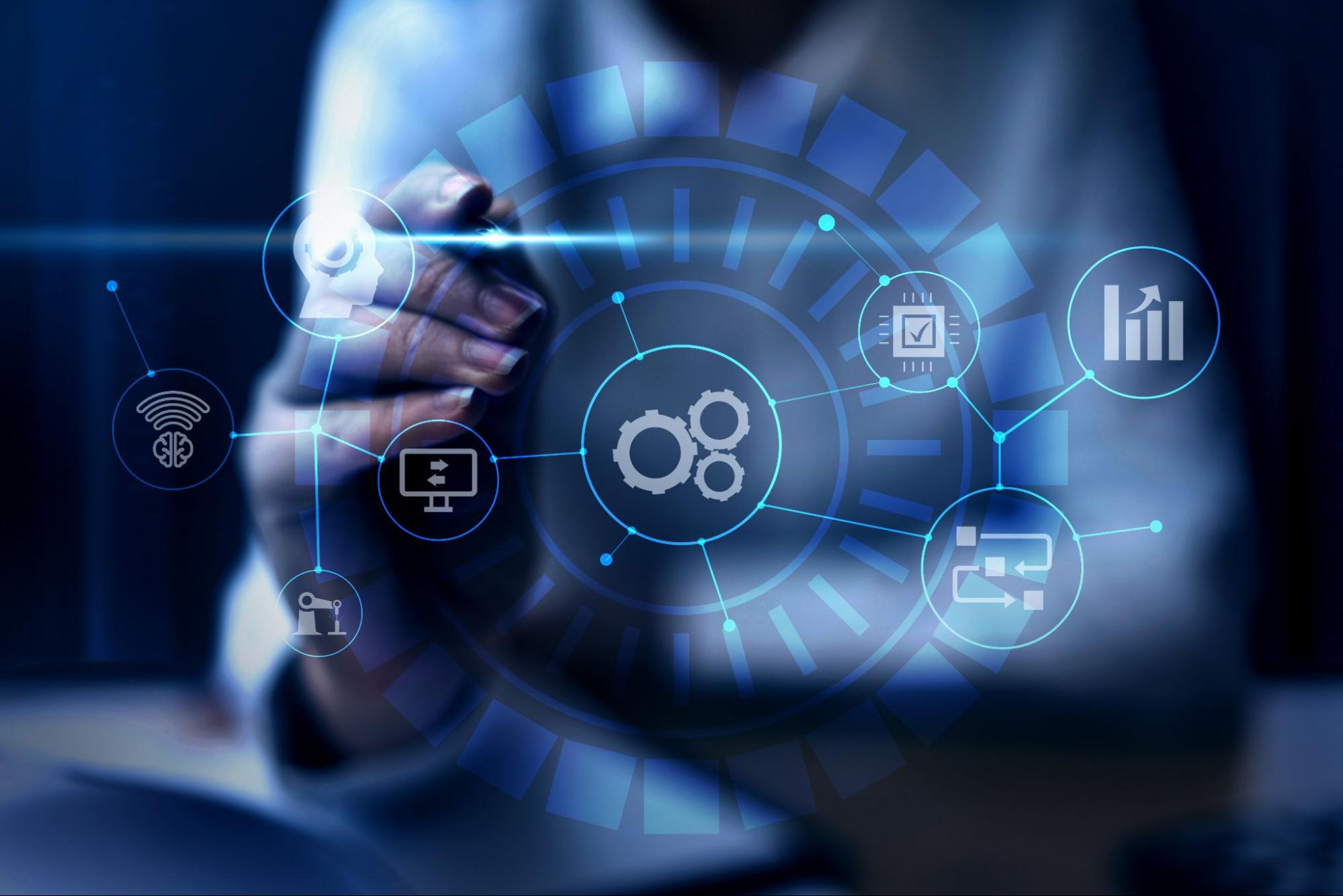
ERP stands for Enterprise Resource Planning. This software is used by large companies to manage all their core business activities in one place.
It acts as a central hub that connects all of a company's departments, such as accounting, manufacturing, inventory, sales, and human resources.
An ERP software inventory management streamlines inventory-related tasks and provides real-time insights into inventory costs and valuation.
ERP for steel industry and ERP for manufacturing industry have already revolutionized the manufacturing and steel production process. However, this is not limited to the steel industry, it has benefited many other Indian industries like handicrafts, chemicals, textiles, automobiles, and more.
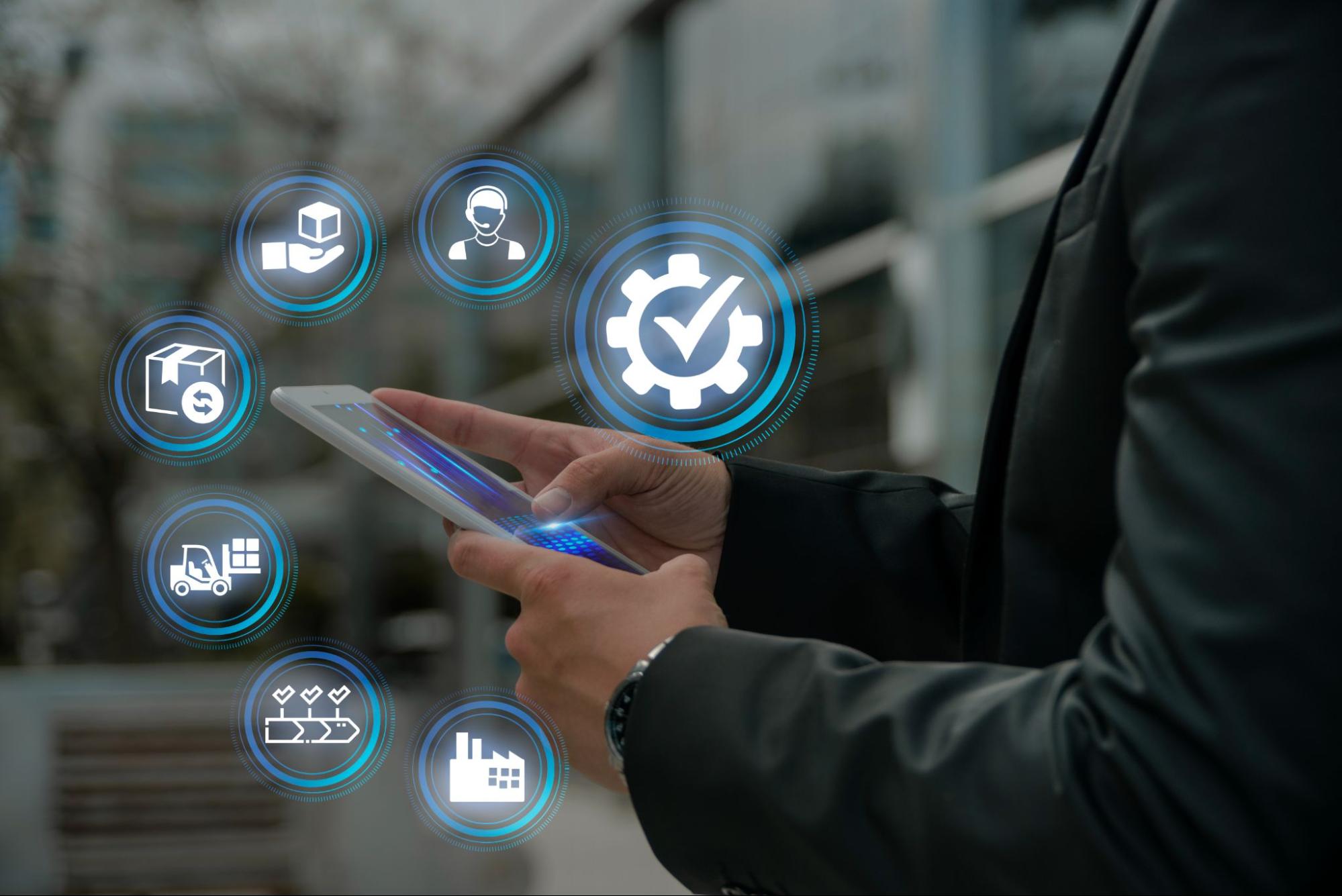
Read This : The Revolutionary Role Of ERP In Financial Analysis And Reporting
An ERP system serves as a centralized repository for all of your company's valuable data. You can increase data accuracy and consistency by consolidating all the data in one location. This can result in better decision-making and lower expenses.
ERP systems can automate many manual business tasks, such as order processing, invoicing, and inventory management. This can allow your employees to focus on more strategic tasks.
ERP systems offer you a lot of data from which to develop reports and acquire insights into their operations. This information can be used to monitor trends, identify areas for improvement, and make informed business decisions.
ERP solutions are meant to be both scalable and flexible. This implies they can expand alongside your business as its needs evolve. ERP systems can also be tailored to match the unique requirements of your firm.
Must Read: Features Of Cloud Based Expand smERP Software For You
POS stands for Point of Sale. Traditionally, it refers to the physical site where a customer completes a transaction and makes payment. This could be a cash register in a store or a checkout section on a website.
Today, POS also refers to the software system that handles these transactions. These point-of-sale systems are more than just digital cash machines. They can manage a wide range of jobs, including:
Accepting different forms of payment (credit cards, debit cards, etc.)
Tracking inventory levels
Managing customer information
Generating reports on sales and other data
While a POS system still processes payments at the checkout, it is now a powerful multitasking tool that increases a retailer’s productivity and profitability. It's an extremely useful tool for streamlining store operations.
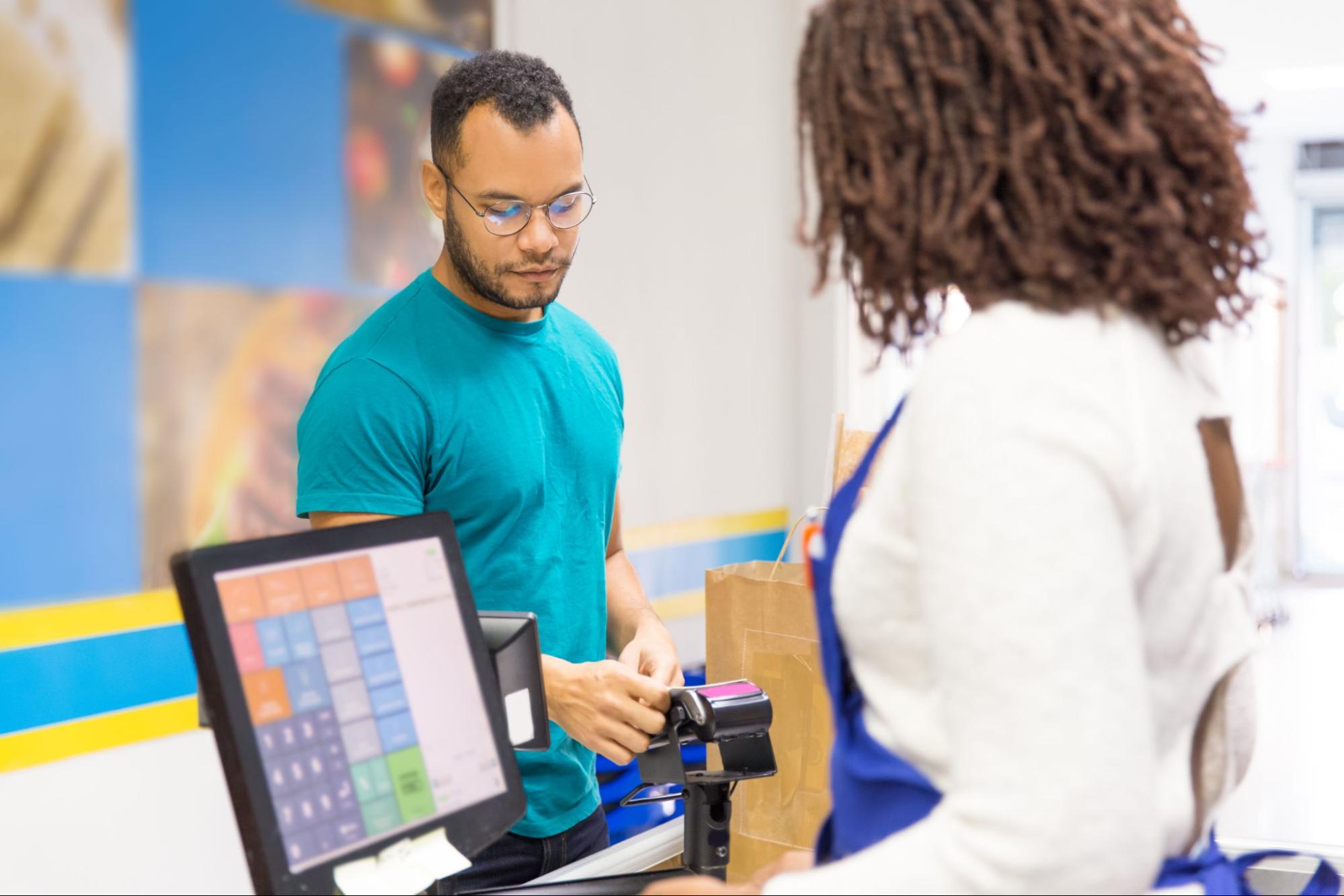
See More : What Is The Difference Between MRP And ERP System? | ERP VS MRP
This is the primary purpose of any POS system. It allows you to quickly and easily execute sales transactions, such as accepting various payment methods, maintaining discounts and coupons, and issuing receipts.
A POS system can track inventory levels in real-time, allowing you to always know what is in stock and what has to be reordered. This can help you avoid stockouts and overstocking, which can be costly.
A POS system can save customer information including purchase history and contact information. This allows you to track consumer loyalty and preferences, as well as personalize marketing tactics.
A POS system may produce reports on your sales, inventory, and customers. This information can be used to discover trends, monitor progress, and make smarter business decisions.
While both ERP and POS systems deal with corporate resources such as finances, products, processes, and labor, in today's world, their methodology differs significantly.
POS systems are focused on transactions, including sales, basic inventory management, and customer data collection. It is the digitization of record-keeping, which replaces pen and paper systems with a centralized software hub.
ERP systems, however, go beyond mere transactions. They use data to help in planning and growth.
It analyses sales data from the POS system to optimize inventory purchases and delivery routes, ensuring that the entire business runs smoothly.
In short, POS excels at managing day-to-day transactions, but ERP converts that data into actionable insights for better decision-making and corporate success.
The size and complexity of your organization will determine whether you use an ERP or POS system. If you own a retail store, restaurant, or other business that relies on point-of-sale transactions, a POS system is an ideal option. It efficiently organizes sales, inventories, and basic customer data.
However, for larger businesses with multiple departments and a need for comprehensive data analysis and resource management, an ERP system shines. It connects data from all departments, streamlines processes, and gives real-time insights to help drive improved decision-making and growth.
Hopefully, this explanation gave you a clear idea of “ERP Vs POS Systems For Retailers”. If you want to grow your small or mid–sized business, here’s a brilliant solution for you.
Expand smERP is more than simply an ERP software; it's your strategic partner. Unlike traditional ERPs, Expand smERP recognizes the unique issues that retailers face.
With features like omnichannel sales management, export documentation assistance, and real-time inventory tracking, you can streamline operations, increase efficiency, and gain a competitive advantage. So, try this advanced ERP system and let your business touch the sky.
Get In Touch To Harness The Power Of The Best Erp For Handicraft Industry!
Hosted on Certified Data Centers for Highest Level of Data Protection and Reliability.






